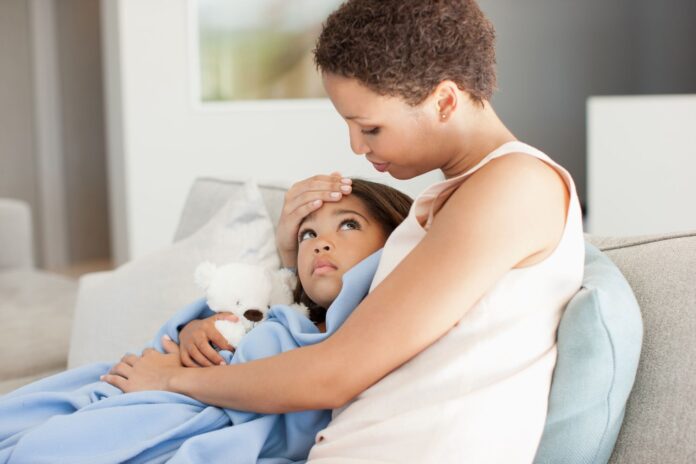Food poisoning in babies can be a potentially dangerous condition to deal with.. However, the problem assumes complications in case of babies, because, obviously, they cannot voice their discomfort. Paediatrician would have to diagnose on the basis of the symptoms for food poisoning. In babies, these symptoms could often be confused with those associated with minor stomach infections. You should be able to distinguish both, so that it could be treated at the right time.
The most vital ground rule is to refrain from panicking altogether. The moment you panic, your baby is likely to sense it and start feeling cranky. Therefore, it is extremely important to maintain a cool and calm temperament for effective monitoring.
Food Poisoning—Symptoms to Watch Out for
Some of the symptoms for food poisoning in babies would include:
- Vomiting for more than 3 days at a stretch and the common medications are refusing to generate impact.In addition, you also need to check for diarrhoea and blood in the stools. Sometimes, even a naked eye inspection can lead to insightful findings.
- If your child is behavingfussy with everything around him, all is surely not well with him. You need to check on his behavioural patterns as well, for an effective evaluation. Also, if he is crying too much, the cause could be of abdominal pain.
- If he is refusing food almost always, his digestive system is definitely not functioning properly. You should also be monitoring his food intake over a period of two to three days before calling on the doctor.
- Food poisoning in babies can also cause a bloated tummy. You need to keep checking it by pressing his tummy at regular intervals for checking if hardness has developed.
- Checking your toddler for fever is equally important. You would have to monitor his temperature at regular intervals, preferably with the aid of a digital thermometer. If he is over 6 months, a temperature of 103F and above is the benchmark. For babies aged between 3 to 6 months, a temperature of 101F would be enough to cause alarm and for babies who are 2months old or younger, a temperature of 100.4 degrees should be enough. Persistent fever is one of the most prominent signs of food poisoning.
- Along with checking on signs of food poisoning in babies, you would have to extremely vigilant about signs of dehydration. If the baby is experiencing a parched mouth, has not urinated in the last few hours, is passing dark yellowish urine occasionally and is extremely fatigued, you need to consider these as classic signs of dehydration. Seek immediate medical help and put your baby on electrolytes for respite.


